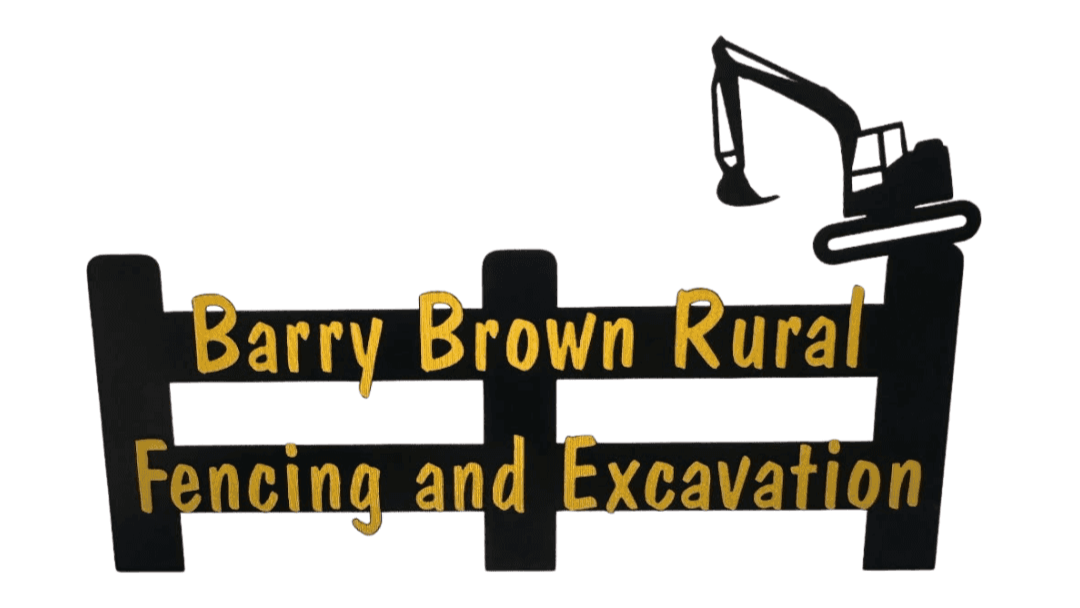Fencing Contractors on the Mid North Coast
Rural fencing on the Mid North Coast keeps farms secure, stock contained and properties protected, with reliable solutions tailored to local conditions and farming needs.
7+
Specialist Machines
100s
of Fences Built
30y+
Business Experience
Farm Maintenance
Silage Specialist
Weed Spraying
Land Clearing
Mid North Coast Fencing Contractors
Barry Brown Rural Contracting Service has been delivering strong, practical fencing solutions across Tinonee, Taree, Wingham, Gloucester, Forster, Nabiac and the wider Mid North Coast for over 30 years. Fencing is more than just posts and wire — it’s about keeping stock safe, protecting crops, and creating secure boundaries that last.
With specialist machinery, including post drivers and quick fencers, every project is completed efficiently and built to handle the demands of rural life. From boundary fencing and paddock divisions to repairs on existing lines, the team ensures quality materials and expert installation are at the heart of every job.
Keep your property secure with fencing built to last — contact 0428 530 723 today for a local contractor who understands rural needs.
Frequently Asked Questions
What type of fencing is best for farms?
The best fencing for farms depends on your property type and needs. For cattle, heavy-duty wire and strong timber or steel posts are recommended to withstand pressure. Sheep and goats require netting or mesh fencing to prevent escape, while horses often need safer options such as post-and-rail or equine mesh to reduce injury risks. Cropping properties benefit from exclusion fencing to keep out pests like kangaroos and wild dogs. Every farm has different priorities, so the best choice balances durability, safety, and cost-effectiveness.
How long does rural fencing usually last?
The lifespan of rural fencing varies based on the materials used, installation quality, and environmental conditions. Steel posts with heavy-duty wire can last 20–30 years if maintained properly, while untreated timber posts may only last 10–15 years. Galvanised products tend to resist rust and wear better in coastal areas. Regular inspections, tensioning wires, and replacing damaged posts all extend the life of fencing. In many cases, professional installation ensures the fence is set securely and built to handle long-term use.
How much does rural fencing cost per kilometre?
Rural fencing costs can vary significantly depending on the type of fencing, materials, and terrain. As a rough guide, plain wire fencing may start from $2,000–$3,000 per kilometre, while more complex mesh or post-and-rail fencing can reach $10,000 or more. Costs also depend on site conditions—rocky ground or steep areas require more labour and specialised machinery. Investing in higher-quality materials can increase upfront costs but often saves money in the long run due to reduced maintenance and longer durability.
Enquire Now
Thank you for contacting Barry Brown Rural Contracting Service.
We will get back to you as soon as possible.
Please try again later.
Practical Solutions for Every Property
No two farms are the same, and that’s why fencing solutions are tailored to suit different terrains, property sizes and agricultural needs. Whether it’s setting up strong fences for cattle, lightweight yet durable lines for horses, or installing netting to protect crops, every detail is planned with the landholder in mind.
Having access to specialist machinery such as a Marchant Air Driver and heavy-duty post drivers means no ground is too tough and no project too complex. Efficiency, precision and durability come standard, helping landholders save time, reduce stress and focus on running their farms.
With flexible options and expert workmanship, the right fencing makes all the difference. Explore reliable rural fencing solutions today and take the next step toward a safer, more productive property.







